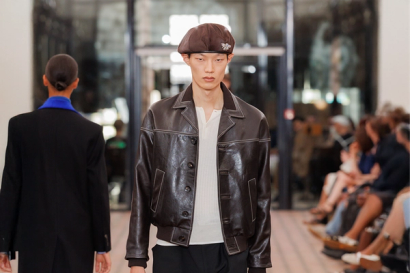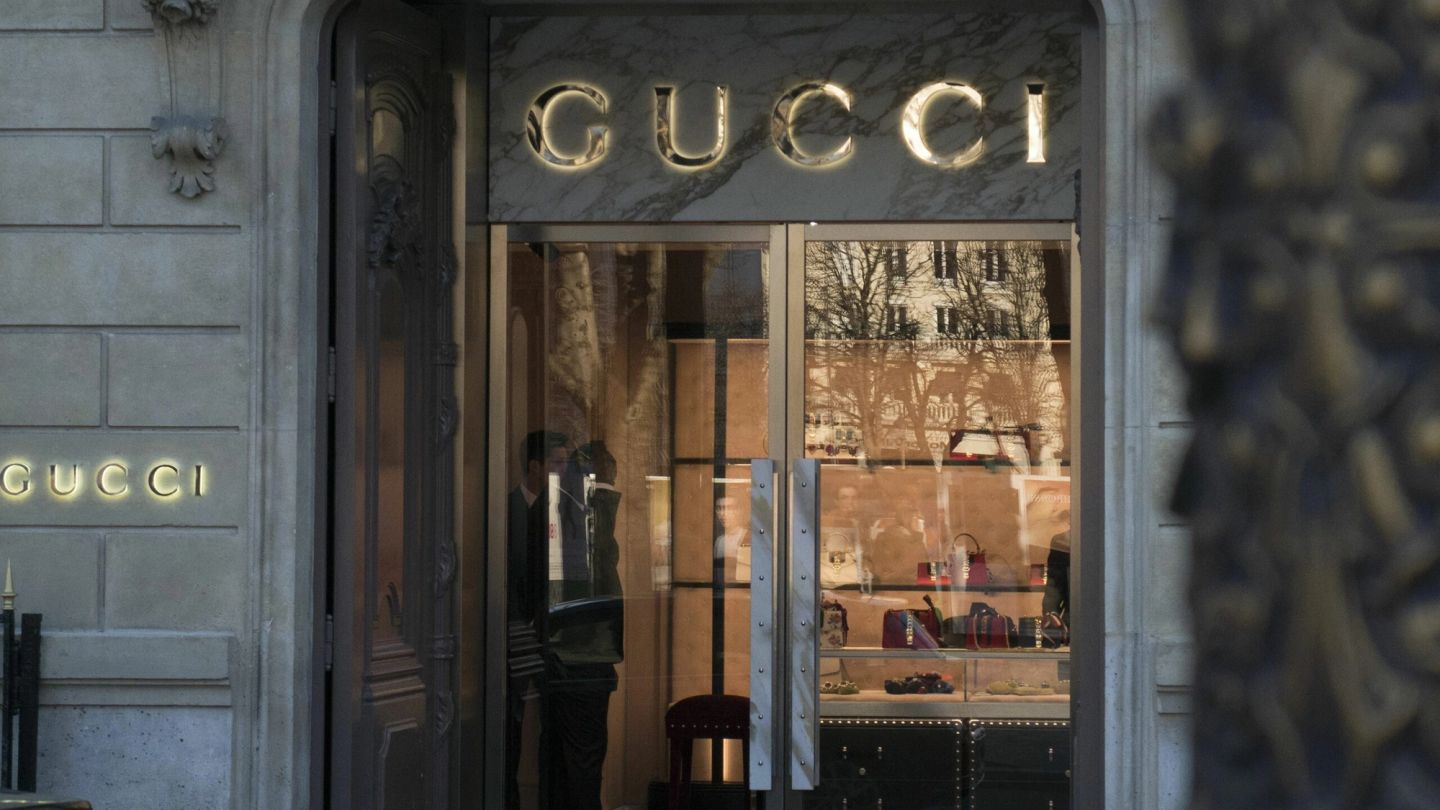

Words: Tom Ward
Journey to almost any popular holiday hotspot – from Asia to Europe – and among the sunburned Brits and cheap booze, you’ll notice one other constant: knock-off designer goods, often in the form of purses or man bags. How these items continue to be sold, year after year, without the likes of Gucci, Chanel or Louis Vuitton stepping in to do something about it (not personally, that’d be mad) is a mystery. The thing is, we know these are fakes. The sellers know. And they know we know they know. So really, what’s to be done?


